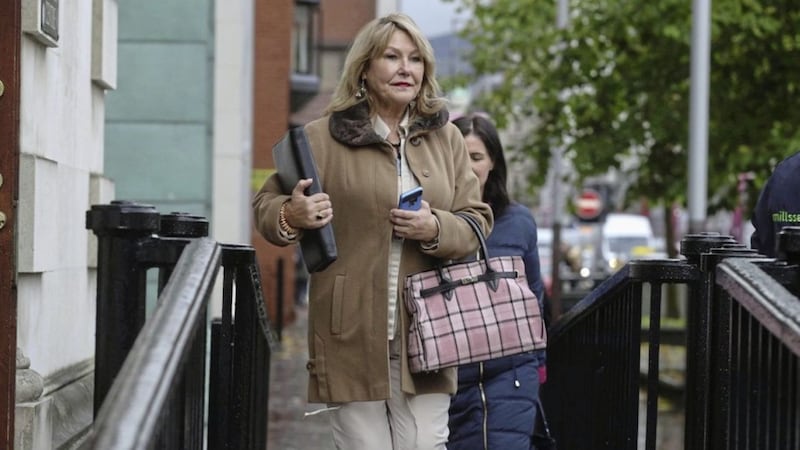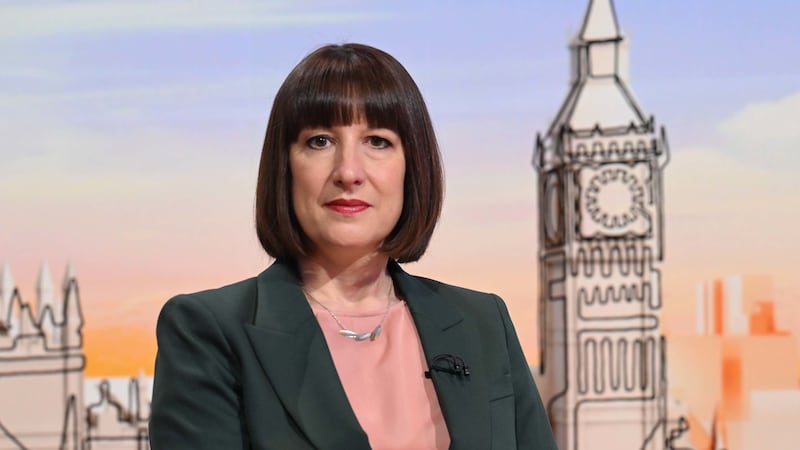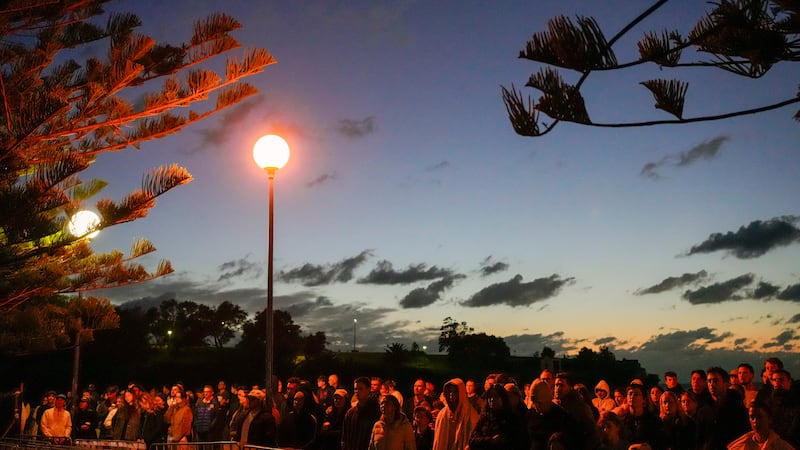A JUDICIAL review, aimed at forcing Secretary of State Karen Bradley to implement a redress scheme for victims of historic abuse, is to be heard later this month.
Victims of abuse are asking for the recommendations of the Historic Institutional Abuse inquiry, announced by Sir Anthony Hart in January 2017, to be implemented by Westminster in the absence of a devolved executive.
Campaigners have argued that the secretary of state should implement the recommendation or call fresh elections in Northern Ireland in order to break the political impasse.
Despite new legislation being announced in September giving civil servants power to make some decisions in the absence of ministers, a High Court judge ruled yesterday that the legal challenge could still be heard.
The hearing is due before the High Court in Belfast on November 22.
Campaigners, including Margaret McGuckin, a founding member of the Survivors and Victims of Institutional Abuse (SAVIA) support group, were in court for yesterday's hearing.
Welcoming the announcement of leave for a judicial challenge Claire McKeegan, of Phoenix Law, who represents a number of abuse victims, said: "At every stage of this process the Secretary of State for Northern Ireland has dictated the pace and sought to sidestep her obligations.
"The new legislation that she brought forward has done nothing to ease the plight of the survivors and victims of institutional abuse in Northern Ireland and instead has resulted in further delay in their fight for a redress and care package."
The solicitor said the impasse meant victims were having to "continually seek recourse to the courts to obtain the justice they are entitled to."








